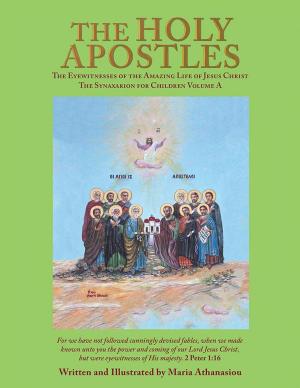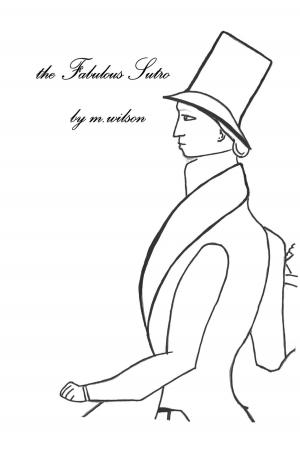What There Is, as It Is
The Epigrammatic Poems of Ludwig Feuerbach
Nonfiction, Religion & Spirituality, Christianity, Church, Church History, Fiction & Literature, Poetry, Philosophy| Author: | Martin Wasserman | ISBN: | 9781984577030 |
| Publisher: | Xlibris US | Publication: | January 15, 2019 |
| Imprint: | Xlibris US | Language: | English |
| Author: | Martin Wasserman |
| ISBN: | 9781984577030 |
| Publisher: | Xlibris US |
| Publication: | January 15, 2019 |
| Imprint: | Xlibris US |
| Language: | English |
There are two major factors that helped Ludwig Feuerbach (1804–1872) earn a great deal of respect from both his philosophy colleagues and the lay readers of his books. First, his anthropological interest in studying “the absolute and exalted” compelled Feuerbach to bring these very abstract and complex subjects back down to earth. Second, with his focus directed toward reason, cooperation, and mutual understanding, Feuerbach was determined to show that a relationship between the self and others (or as he called it, “I and thou”) is more essential and rewarding than any kind of faith-based desire for a supernatural communion. In this latest book by Professor Wasserman, he devotes himself to translating many of Feuerbach’s insightful epigrammatic poems, which appear to specifically coincide with the two special themes that are mentioned above.
There are two major factors that helped Ludwig Feuerbach (1804–1872) earn a great deal of respect from both his philosophy colleagues and the lay readers of his books. First, his anthropological interest in studying “the absolute and exalted” compelled Feuerbach to bring these very abstract and complex subjects back down to earth. Second, with his focus directed toward reason, cooperation, and mutual understanding, Feuerbach was determined to show that a relationship between the self and others (or as he called it, “I and thou”) is more essential and rewarding than any kind of faith-based desire for a supernatural communion. In this latest book by Professor Wasserman, he devotes himself to translating many of Feuerbach’s insightful epigrammatic poems, which appear to specifically coincide with the two special themes that are mentioned above.















